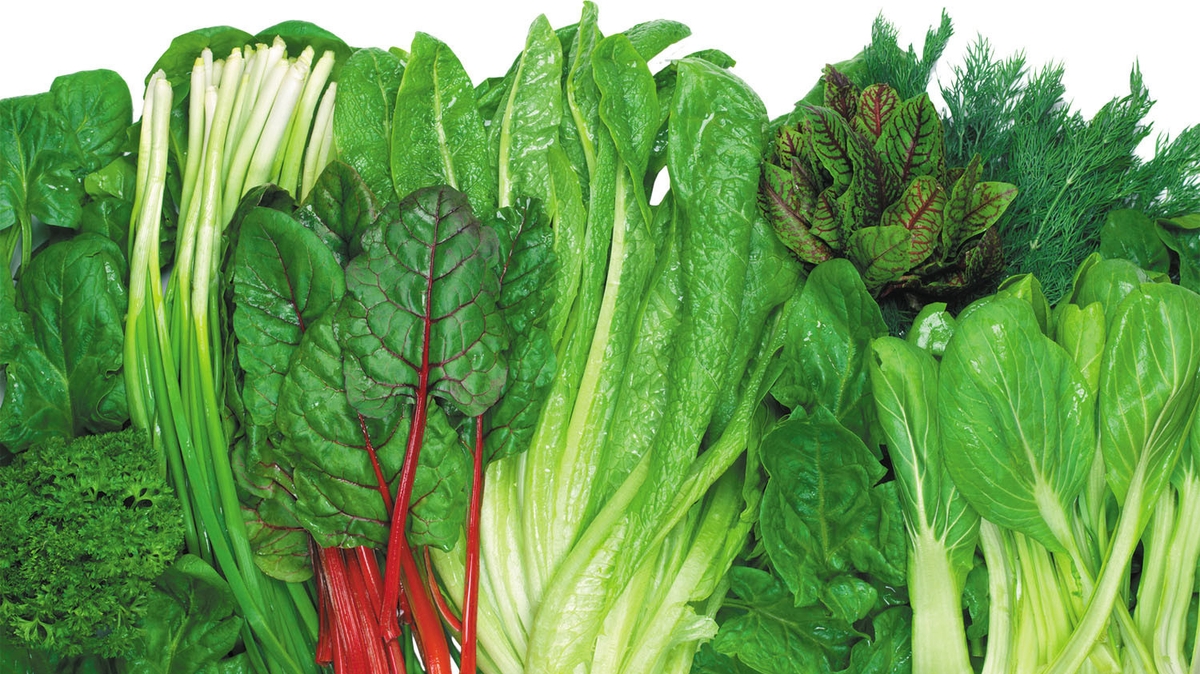
Food choices are fundamental to maintaining a healthy lifestyle. However, understanding the complexities of food nutrition can often be daunting, especially when it comes to substances like nitrates and nitrites. These compounds are commonly found in various foods, including leafy greens and deli meats, and their impact on health is a topic of concern. Here, we delve into the key insights shared by clinical dietitian Katie Greenhill to help you make informed decisions about your dietary habits and overall well-being.
Nitrates and Nitrites in Foods: A Brief Overview
Nitrates and nitrites are naturally occurring compounds that play a vital role in our ecosystem. They are found in soil, water, and air, and are absorbed by plants, making them a regular part of the human diet. The highest concentrations of nitrates are usually found in vegetables such as spinach, beetroot, and lettuce. However, these compounds are also commonly used as preservatives in processed meats like bacon, sausages, and deli meats.
The Potential Health Effects
While the body can convert nitrates into nitrites, and eventually into nitric oxide—a molecule beneficial for heart health—there is a darker side to these compounds. When consumed in large amounts, nitrates and nitrites can form nitrosamines, harmful compounds linked to several health conditions, including cancer and heart disease. The risk increases when nitrate-rich foods are cooked at high temperatures, facilitating the formation of these harmful compounds.
Regulation and Food Safety
To minimize potential health risks, regulatory bodies worldwide have set limits on the amount of nitrates and nitrites that can be used in food products. These regulations ensure that the levels of these compounds in food are safe for consumption. However, being aware of these limits can help us make informed choices about the food we consume.
The Role of Nitrates and Nitrites in Food Preservation
Beyond their natural occurrence, nitrates and nitrites are also added to foods, especially processed meats, as preservatives. They help prevent the growth of harmful bacteria, thus increasing the shelf life of these products. Yet, the potential health risks associated with their consumption make it crucial for consumers to balance the benefits of food preservation with the potential health risks.
Conclusion: Making Informed Dietary Choices
Understanding the presence and impact of nitrates and nitrites in our diet is essential for making informed dietary choices. While they can be beneficial in moderate amounts, excessive intake can have harmful health effects. By being cognizant of our dietary habits and choosing foods lower in nitrates and nitrites, we can strive towards a healthier lifestyle.
Remember, the goal is not to eliminate these compounds from our diet entirely, but to consume them responsibly. As always, a balanced diet, rich in fruits, vegetables, lean proteins, and whole grains, is key to maintaining good health.
